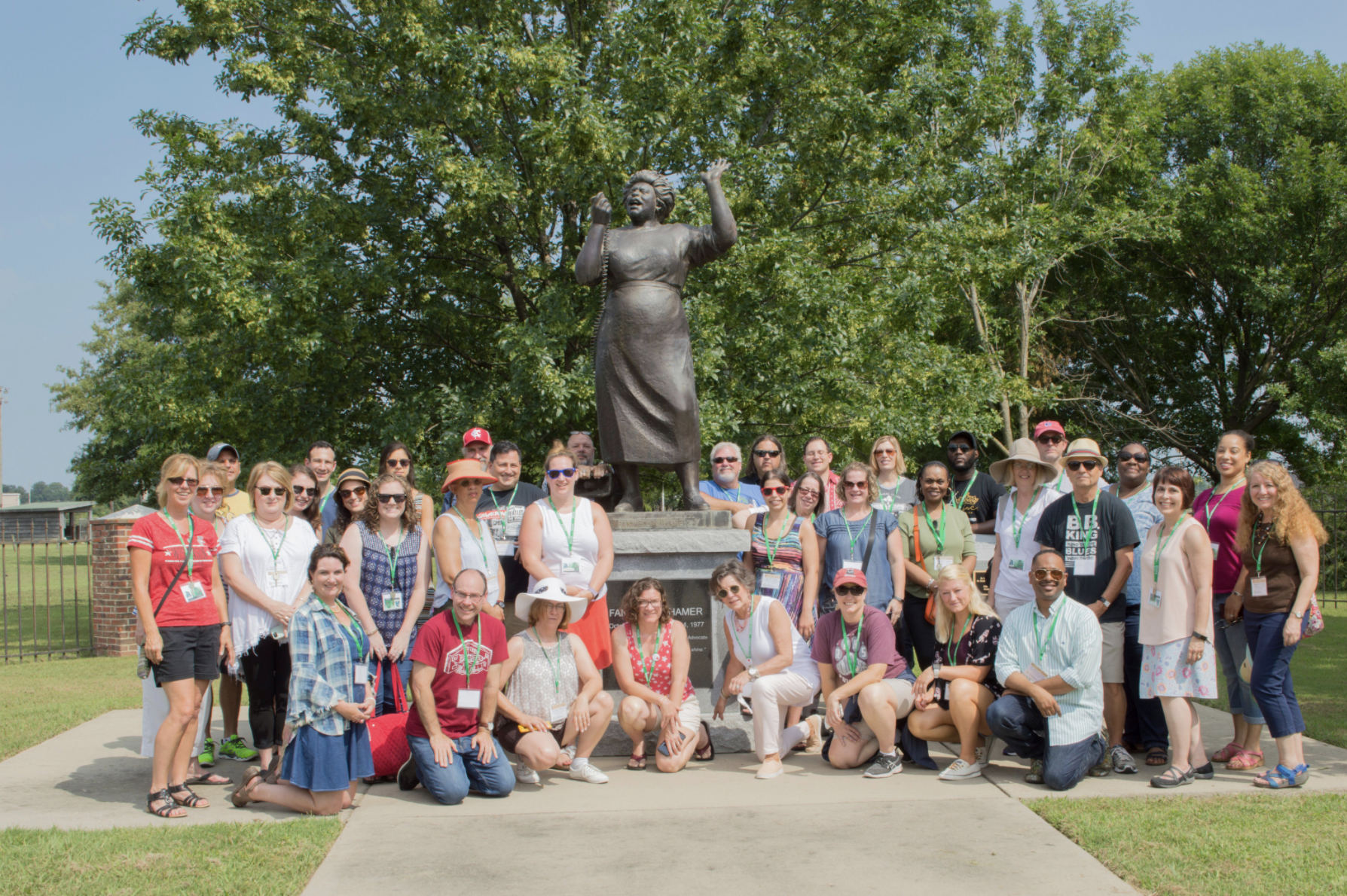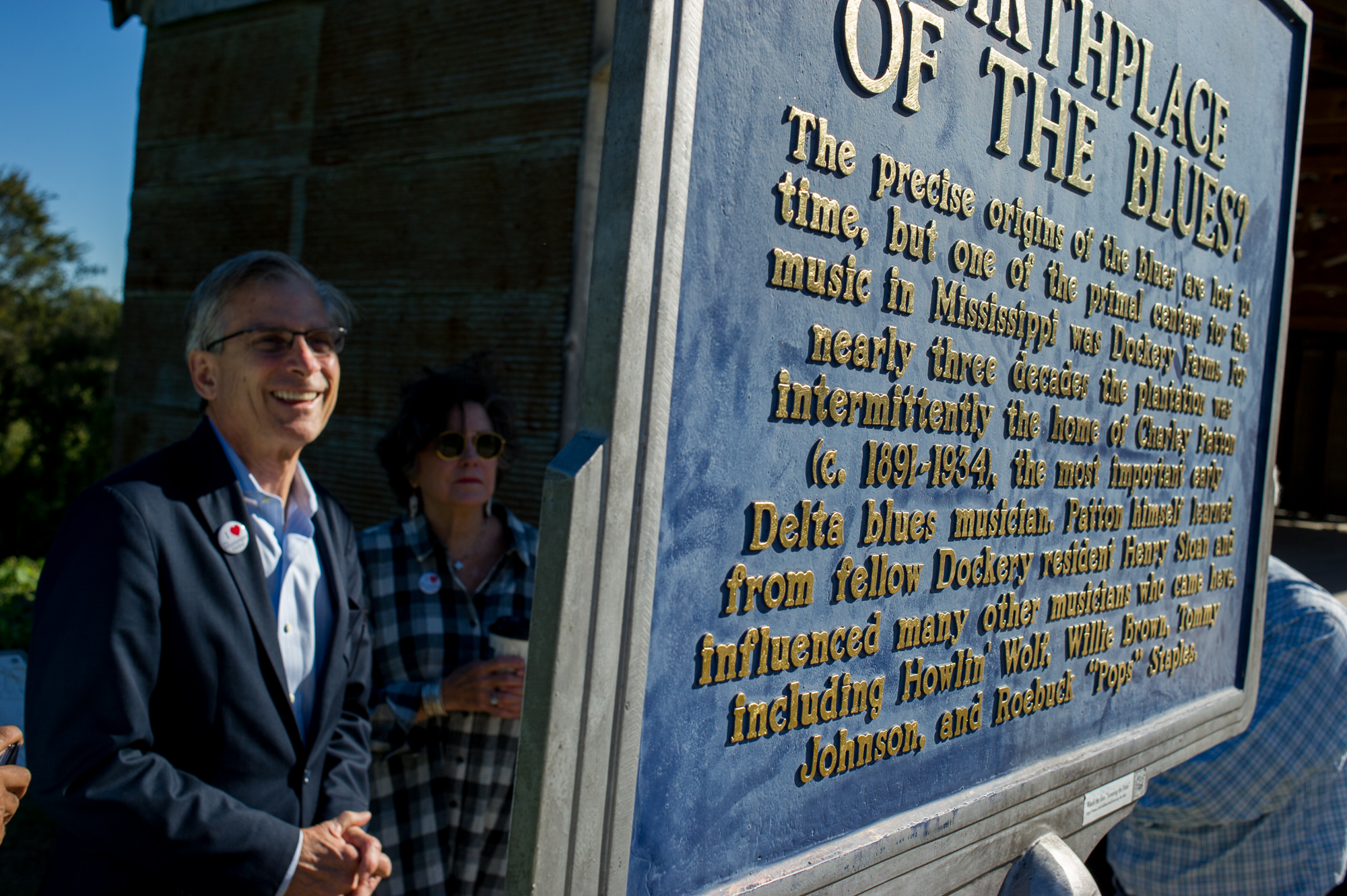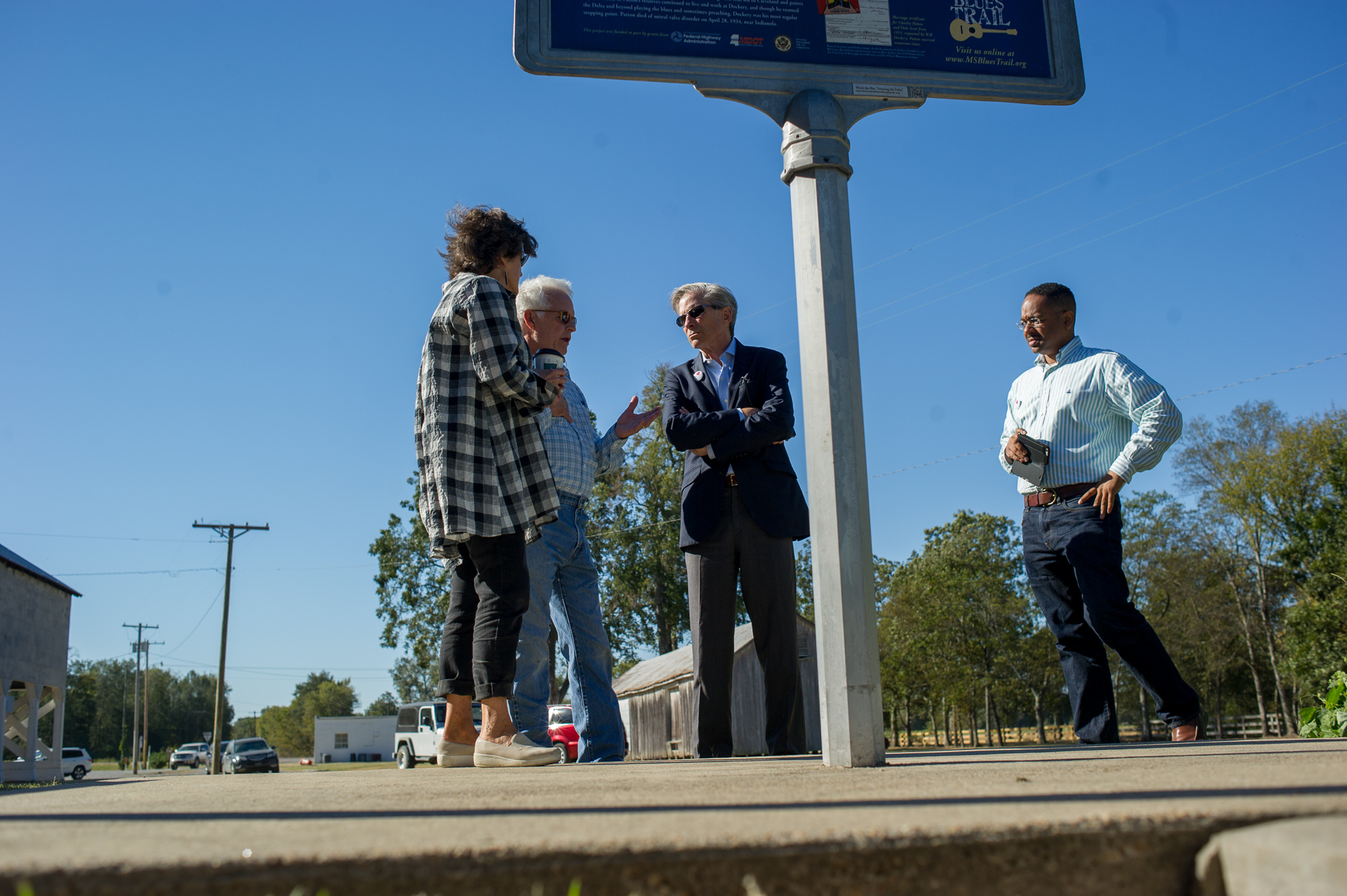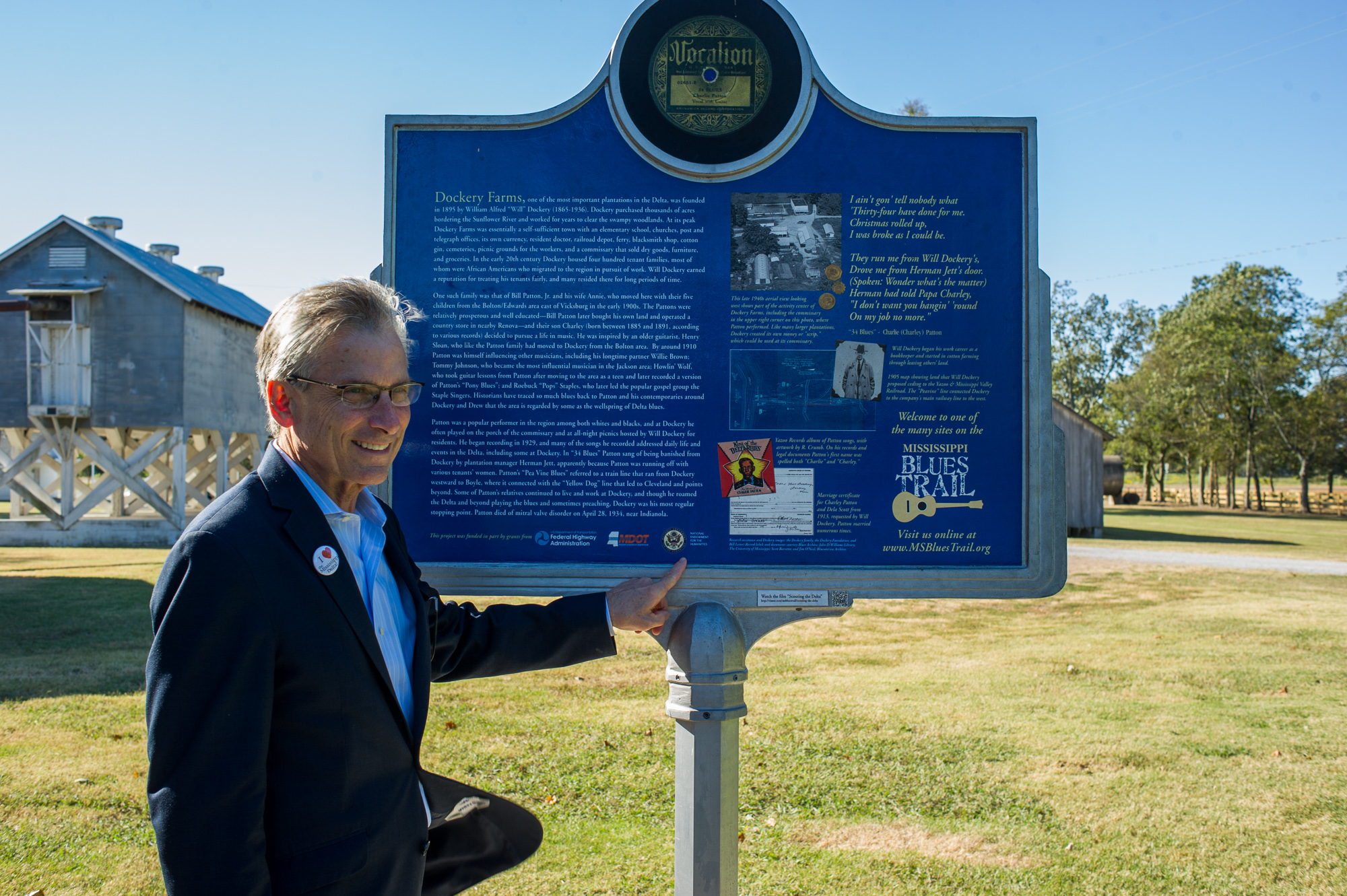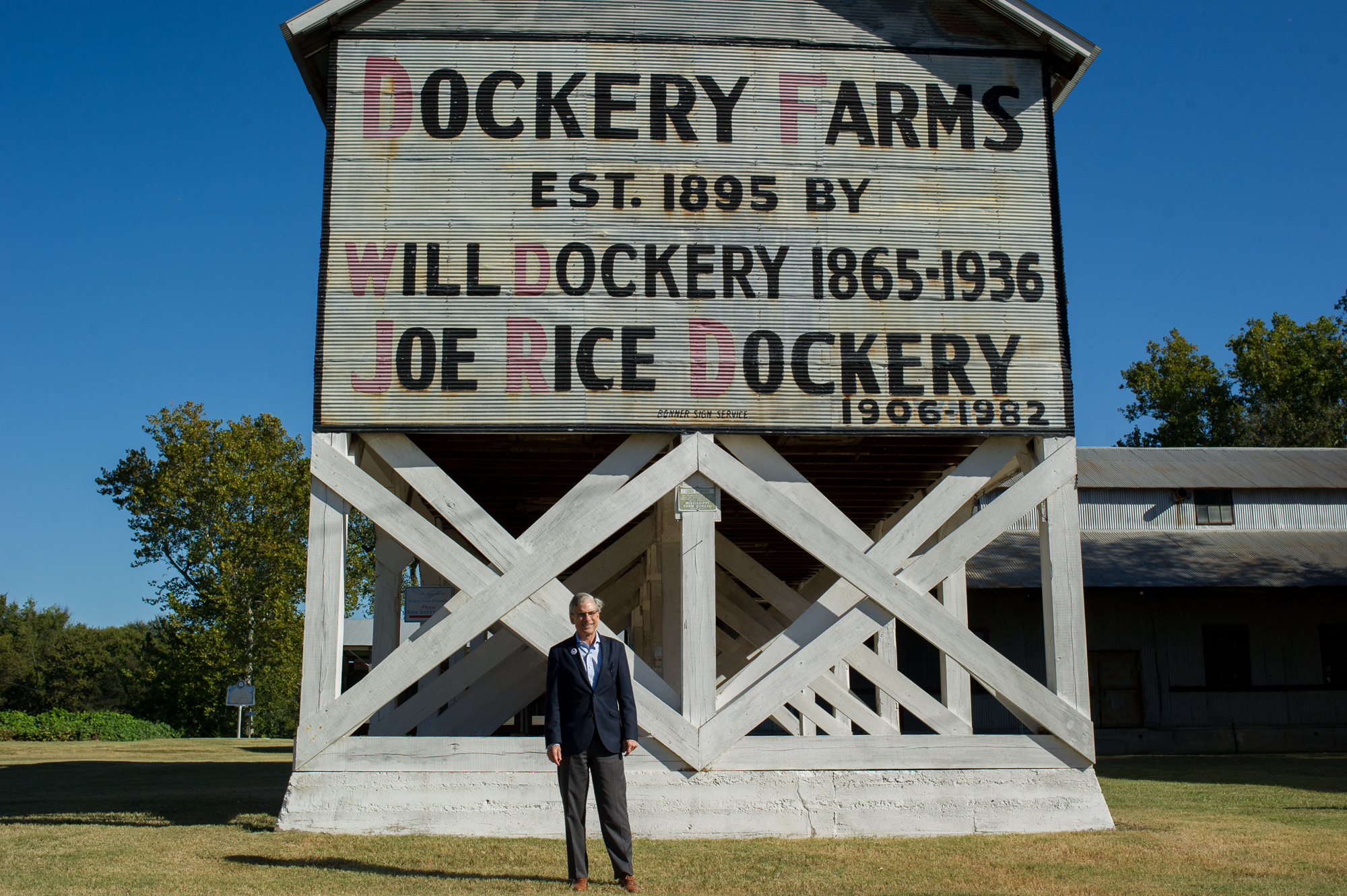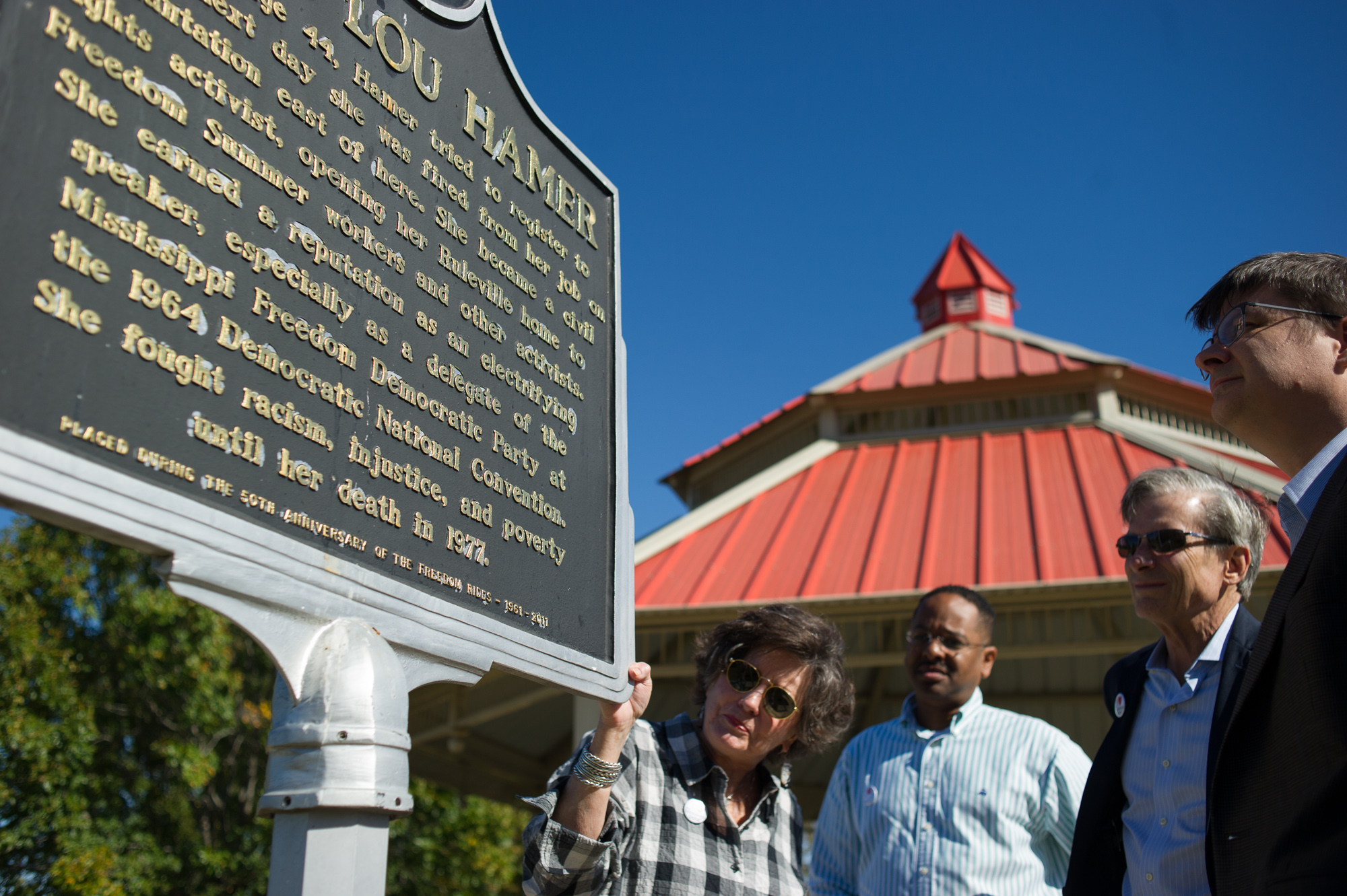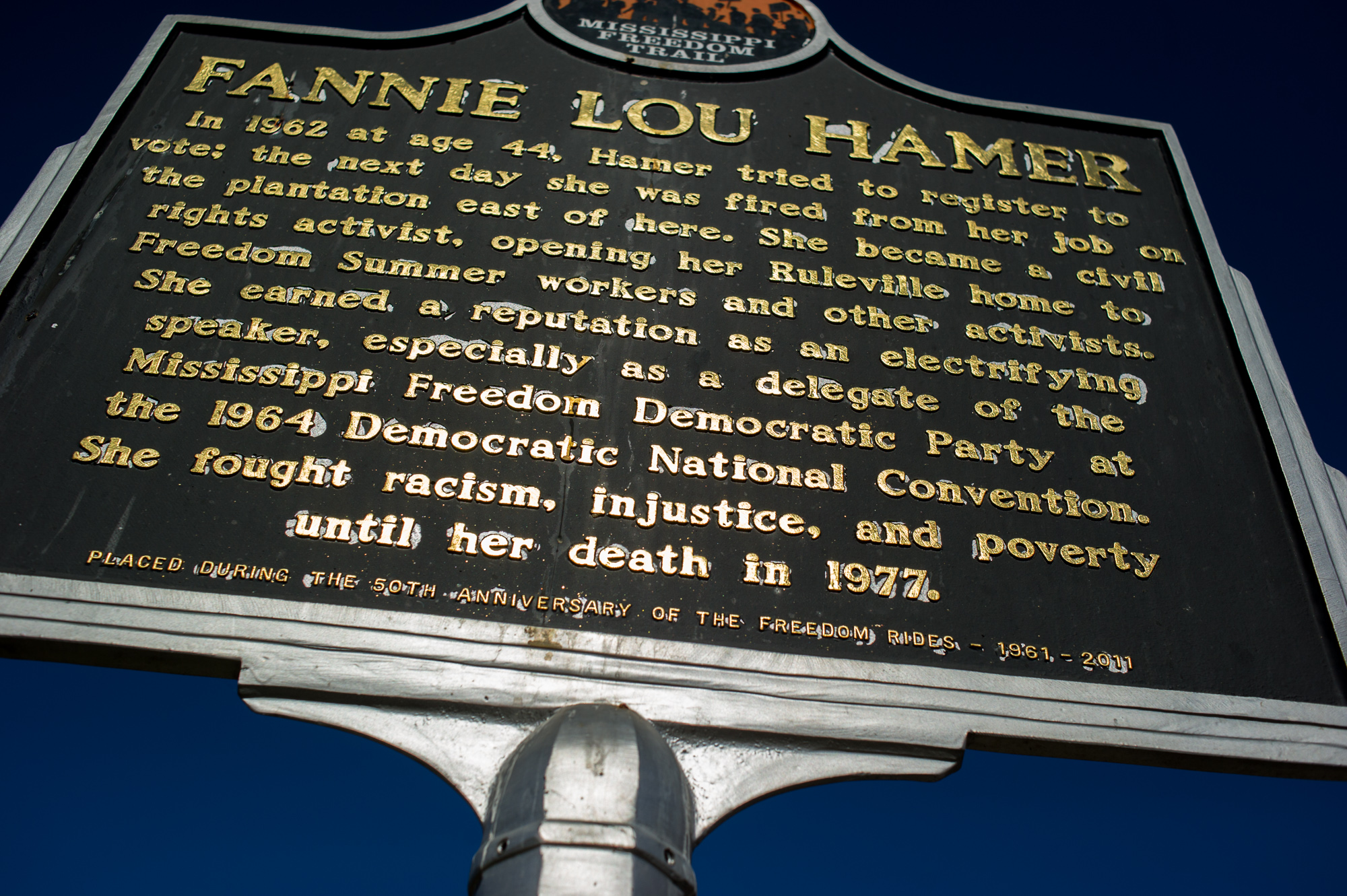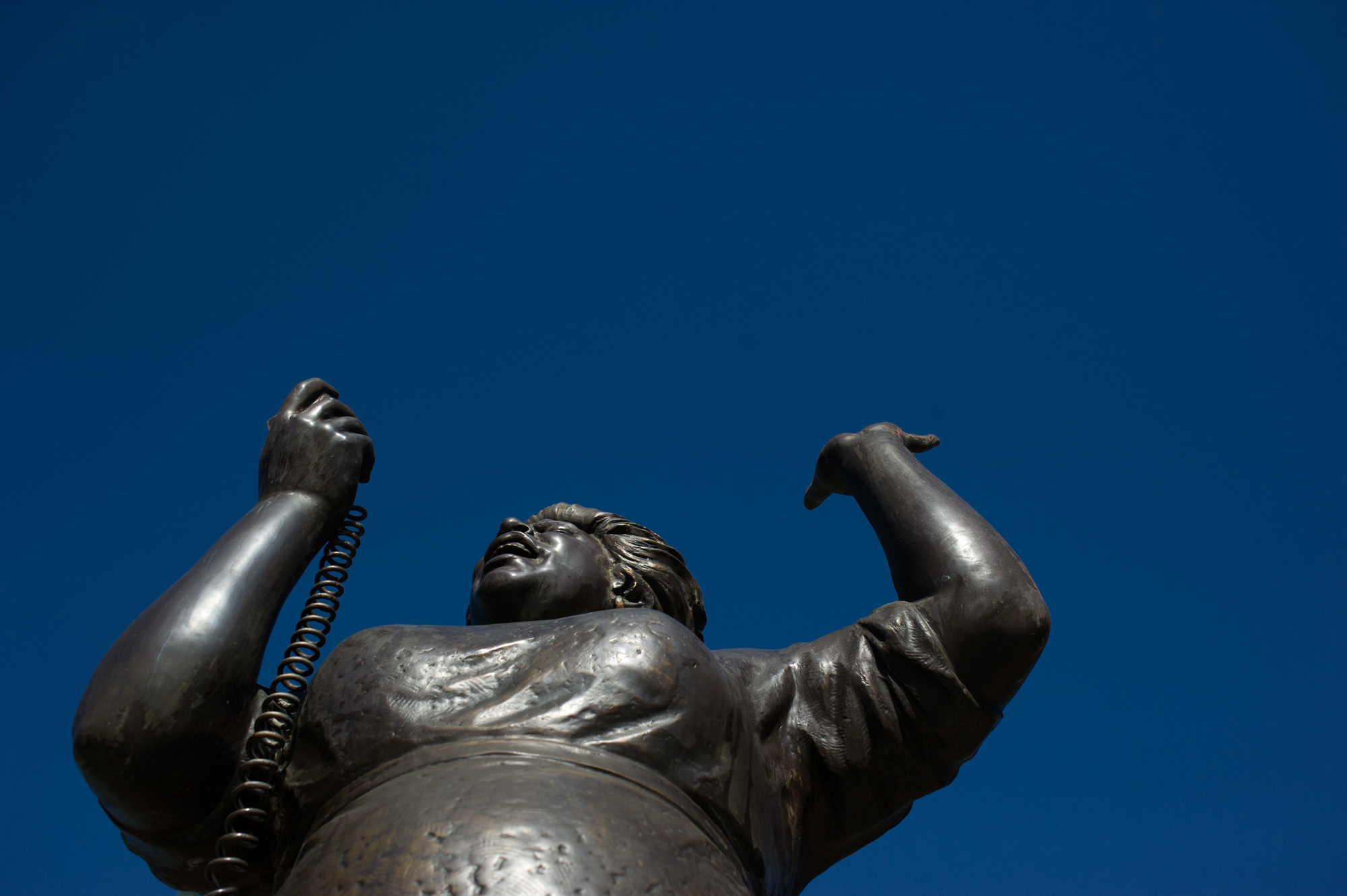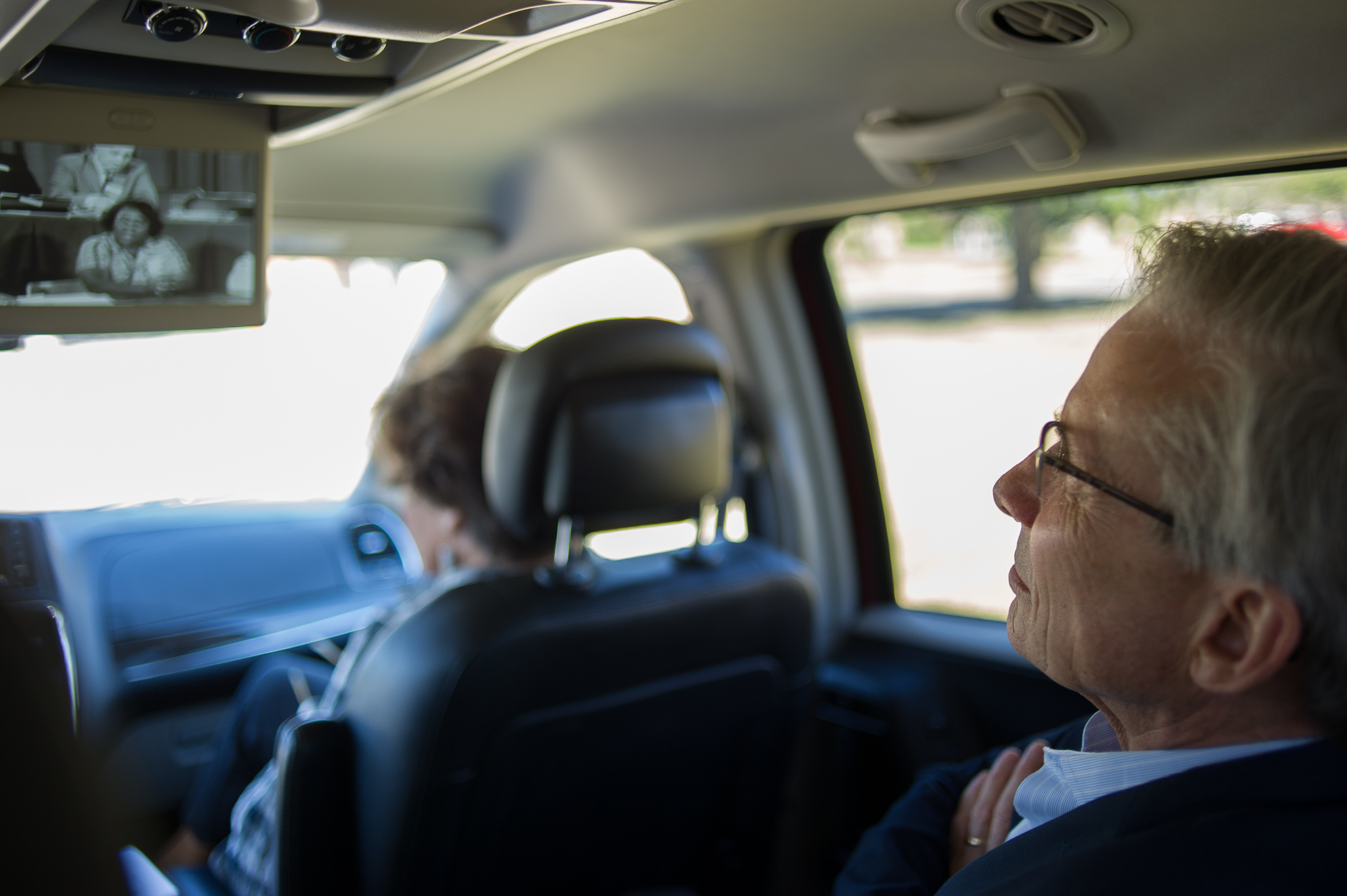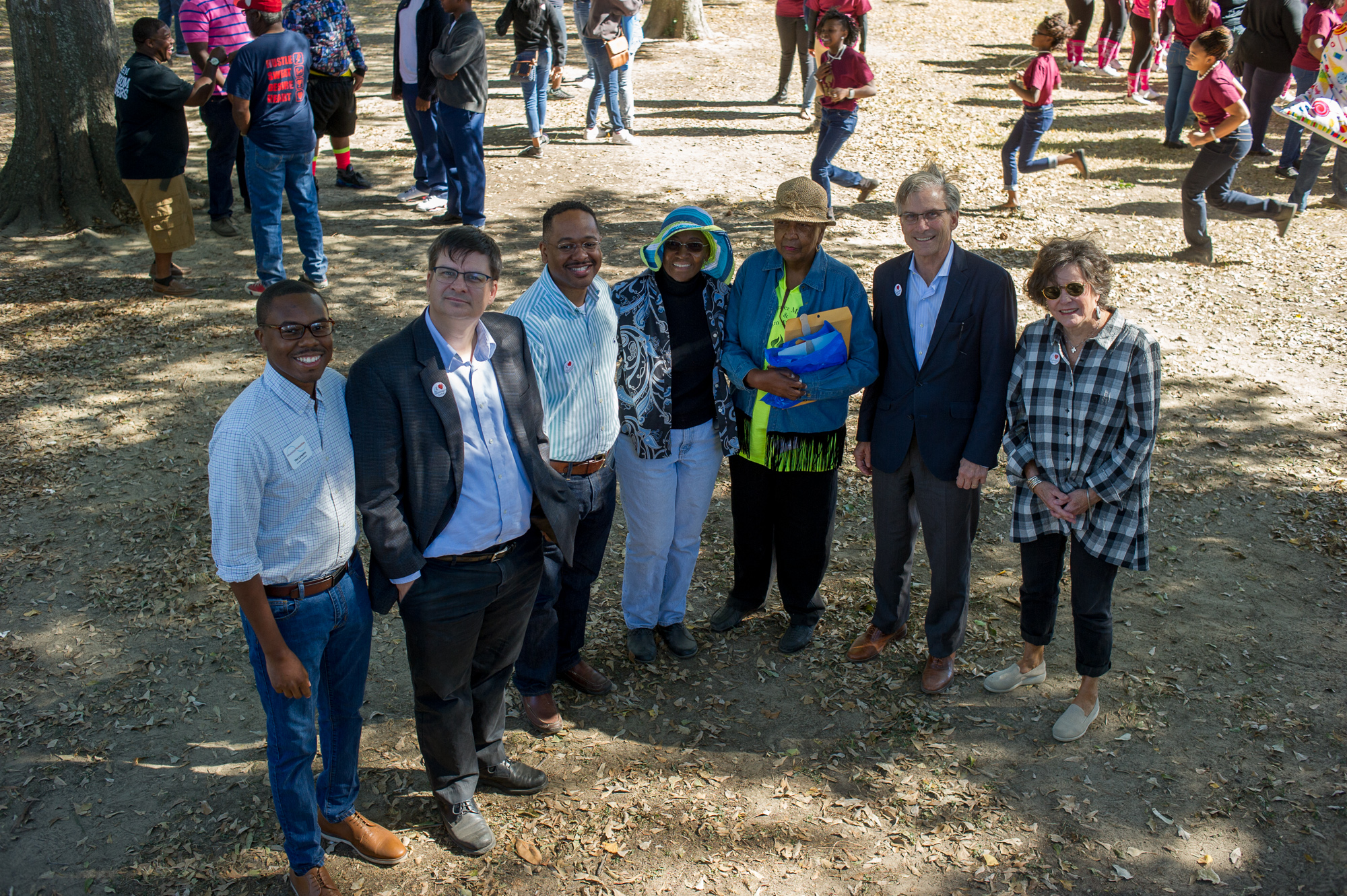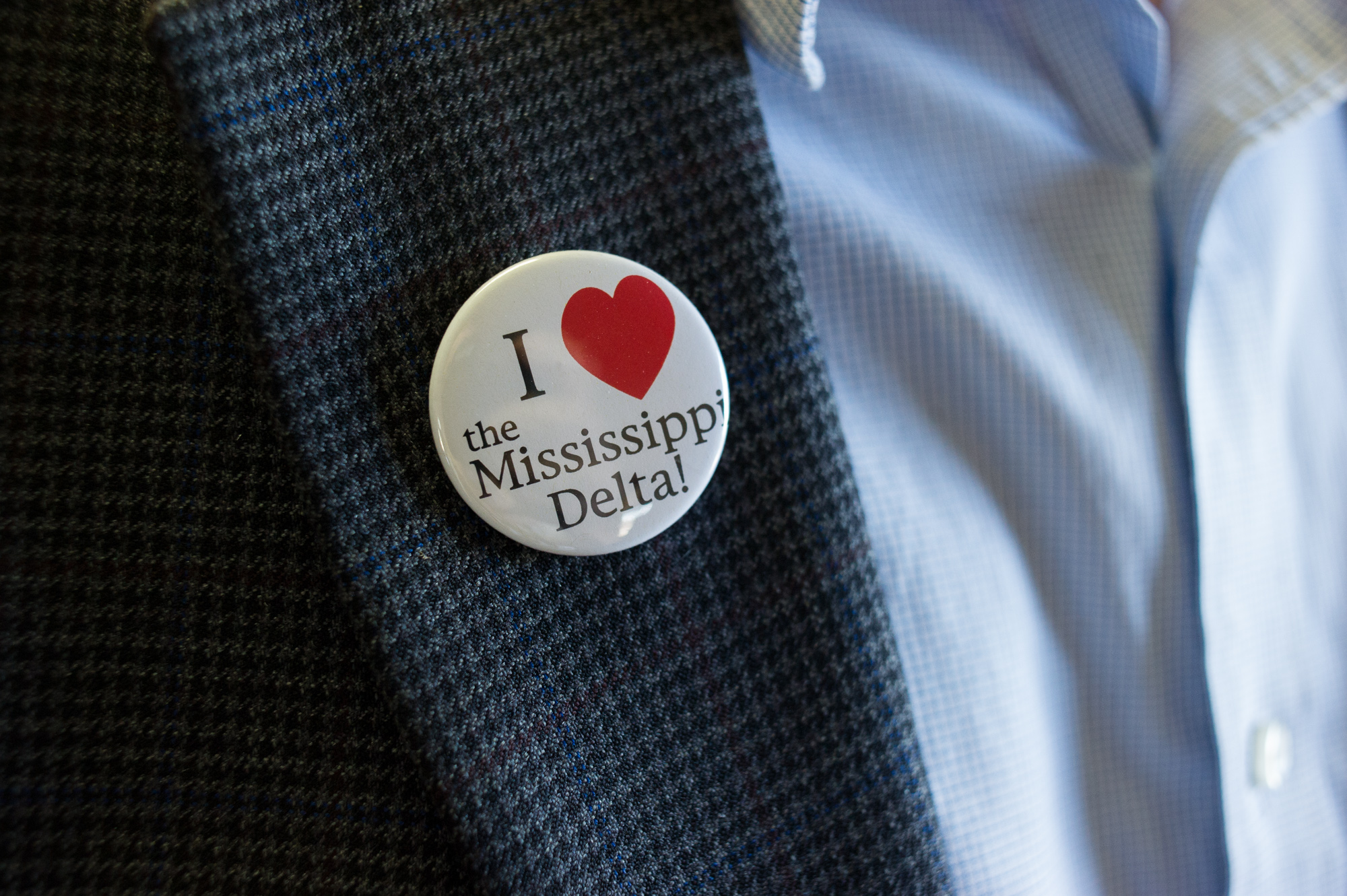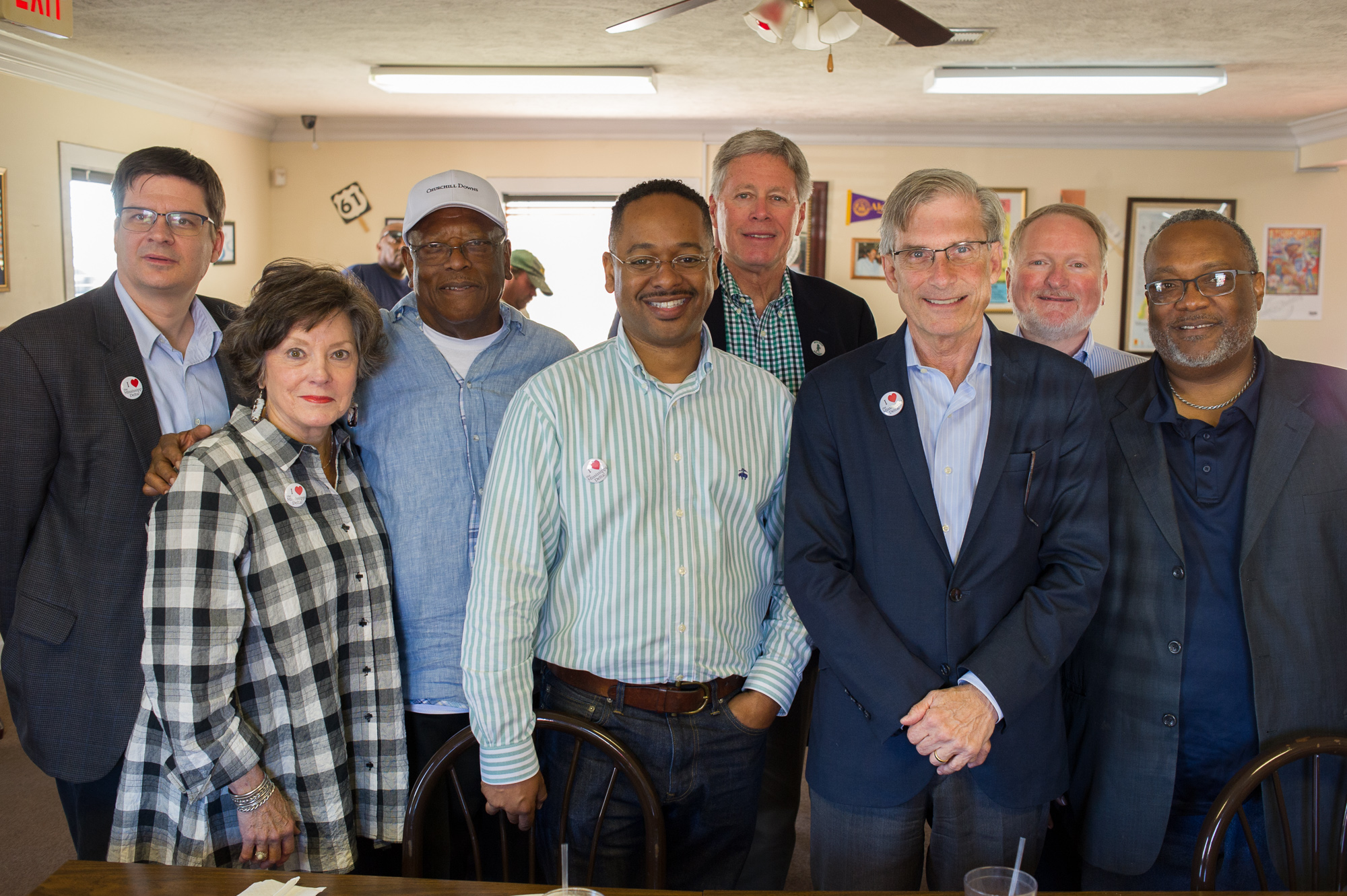Delta State University’s 7th Annual International Conference on the Blues is going virtual this month with a Brazilian beat.
Delta State, through The Delta Center for Culture and Learning and the College of Arts and Sciences, has been invited to participate in the Mississippi Delta Blues Festival (MDBF) Brazil Online Edition scheduled for Friday, November 20 – Sunday, November 22, 2020.
The MDBF Brazil online festival will be free and accessible to the public. The online festival will be broadcast on MDBF Brazil’s official website: www.mdbf.com.br
Delta State’s participation in the virtual festival this year will serve as the 7th installment of the International Conference on the Blues. The festival will include performances from seven international locales including Holland, Australia, France, the United Kingdom, the United States, and Brazil.
“We are thrilled about this international partnership, especially since it unites the extraordinary Afro-Brazilian music tradition with the African American Blues tradition,” said Dr. Shelley Collins, professor of music and conference co-chair.
Delta State’s virtual presentation is being supported in part by a grant from the National Park Service’s Lower Mississippi Delta Initiative to lift the theme “Spirit of the Blues: Celebrating Roots of Delta Music Through Spirituals and Gospel.” Due to COVID-19, the grant has been expanded to support the online presentation this year, as well as the 8th annual conference in October 2021, which is scheduled to be in-person.
“We anticipate that the Spirit of the Blues theme and the online festival will engage diverse audiences and expand the conference’s international footprint,” said Dr. Rolando Herts, director of The Delta Center and executive director of the Mississippi Delta National Heritage Area. “The 2020 and 2021 conferences will continue the Spirit of the Blues theme established in 2018. Also, this year’s online presentation is an outcome of DSU’s Delta Delegation to Brazil partnership project started in November 2019. We thank the National Park Service for their continued support as we expand global understanding and appreciation of Mississippi Delta culture through music.”
Delta State’s virtual presentation will feature a Blues and gospel performance from Delta State alum (Delta Music Institute, College of Business) Keith “Prince of the Delta Blues” Johnson, great-nephew of Blues legend Muddy Waters. The presentation also will include highlights from past International Conference on the Blues events and from B.B. King Day at Mississippi Valley State University, a “Spirit of the Blues” project partner.
Operated in southeastern Brazil in the city of Caxias do Sul for over a decade, MDBF Brazil is considered the largest and longest-running Blues festival in South America. According to festival organizer Toyo Bagoso, MDBF Online Edition will offer an innovative way for global Blues fans to pay tribute to the Mississippi Delta, the birthplace of the Blues.
“COVID-19 hit us very hard in Brazil, which led to the closing of our Mississippi Delta Blues Bar in Caxias do Sul,” said Bagoso. “Through our Mississippi Delta partners like Delta State and other global connections, we are able to keep the festival going online. We will have performances coming from the UK, France, the U.S., and Brazil. We also look forward to reopening the Mississippi Delta Blues Bar soon.”
“Like the Mississippi Delta and the rest of America, Brazil has been hit hard by COVID-19. In particular, live music and the performing arts have been facing unprecedented challenges to make sure that ‘the show must go on,’” said Don Allan Mitchell, associate professor of English and conference co-chair. “This unique take on traditional live performances of the Blues & Gospel keeps our audiences safe, and also gives us continuity while we build towards our next conference in 2021.”
The National Park Service is one of several partners supporting the virtual presentation. Others include the Mississippi Delta National Heritage Area, Delta State Visual Media Arts, Mississippi Valley State University, Visit Mississippi, BB King Museum and Delta Interpretive Center, and the Mississippi Delta Tourism Association.
For more information, please contact Dr. Collins and Mr. Mitchell at blues@deltastate.edu.



